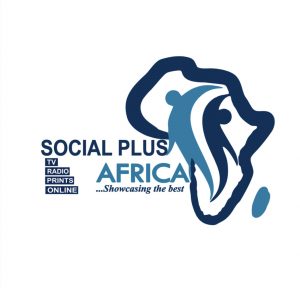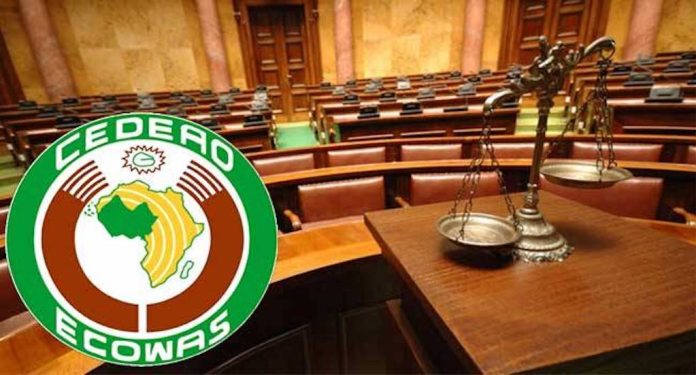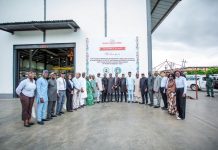The ECOWAS Court has dismissed a suit brought by a former ECOWAS Regional Director of a continental program to strengthen veterinary services in Africa asking the Court to declare
the termination of his appointment five years ago as ‘abusive, unilateral and unfair,’ and order his reinstatement.
Justice Edward Asante, the judge rapporteur in the suit who delivered the judgment acknowledged that while the Court had jurisdiction as an Administrative Tribunal to entertain the case, the Applicant, Mr. Henri Kabore did not sequentially seek redress within the framework of Article 73 of the 2005 ECOWAS Staff Regulations and the provision of Article 10(e) of the Court’s Protocol, before approaching the Court.
Consequently, the Court declared the case inadmissible and dismissed it. In an initiating application in suit no ECW/CCJ/APP/28/19 filed on 17 September 2019, Mr. Kabore
alleged that ECOWAS Commission breached its partnership agreement with the Inter-African Bureau of Animal Resources of the African Union Commission (AU-IBAR) by its unilateral and abusive termination of his employment as Director of the Regional Animal Health Centre, a specialized veterinary center of the Community.
In the suit filed by his lawyers, Ouattara-Sory & Salambere and Emmanuel Bazie, the applicant told the Court that the African Union launched the Veterinary Governance Strengthening Program in Africa (VET-GOV) on 16 January 2012 to strengthen veterinary services in each Member State.
He added that the VET-GOV program was designed to be coordinated and harmonized through the eight (8) Regional Economic Communities in Africa including ECOWAS for the Member States.
For West Africa, the applicant said that the Inter-African Bureau of Animal Resources of the African Union Commission (AU-IBAR) was engaged to implement the VET-GOV projects under a partnership the agreement signed on 13th April 2012 with ECOWAS and aimed at creating viable public and private investments in livestock.
He added that Article 3(4) of the agreement stated that “The Partner (ECOWAS) undertakes to
finance the cost of the Personnel seconded to it within the framework of the present project by the Contracting Authority from the fifth year of implementation of the Project. The Partner shall
maintain the positions created after the duration of the project’.
Subsequently, Mr. Kabore was recruited by AU-IBAR as Coordinator of the VET-GOV project to be implemented through ECOWAS.
He contended that despite favourable recommendations, he was not integrated into the ECOWAS staff system at the expiration of the fifth year of the implementation of the project but rather replaced.
He therefore urged the Court, to among others, declare the termination of his working
relationship with ECOWAS as abusive and unfair; order his integration into the permanent staff
cadre and pay his salaries and other benefits and entitlements from 31 July 2017. He also asked
the Court to order the Commission to pay him 511.6 million CFA as compensation for physical
and moral damages suffered as a result of the termination of his appointment.
On their part, Mr Daniel Lago who represented the ECOWAS Commission, told the Court that the applicant was not an ECOWAS staff but was recruited by AU-IBAR as coordinator of its VET-GOV project and therefore did not qualify to bring an administrative matter before the Court.
He added that the terms of the partnership agreement did not include his integration into the
ECOWAS civil service.
Moreover, he told the Court that Mr. Kabore was subjected to disciplinary proceedings and later
dismissed based on the outcome of an investigation into an incident that involved the applicant
and a colleague.
He also argued that Mr Kabore was not a party to the partnership agreement, and urged the Court to dismiss the case for lack of jurisdiction.
But the Court held that Mr. Kabore qualified as a community official as provided under Article
9(1)(f) of the Protocol on the Court after examining the relationship between Mr. Kabore and
ECOWAS Commission including his subjection to ECOWAS Staff disciplinary procedures and
subsequent dismissal.
It also held that it had jurisdiction to determine the case as it concerned a community institution (ECOWAS) and a community official (Mr. Kabore).
Also on the panel were Justices Dupe Atoki and Ricardo Claúdio Monteiro Gonçalves.





